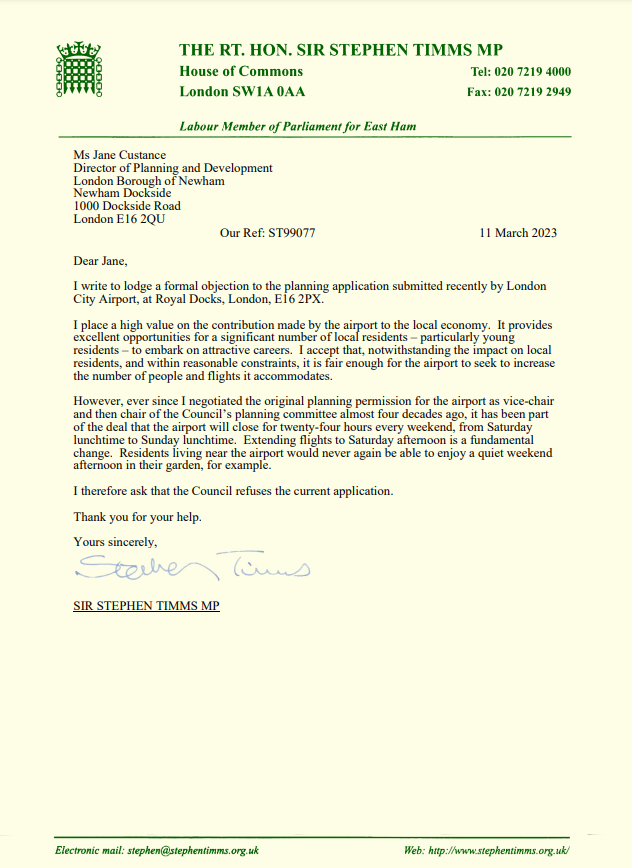On Wednesday 19 April, Stephen spoke in a Westminster Hall Debate in Parliament about asbestos in workplaces. He urged the government to adopt recommendations from the Work and Pensions Select Committee, which Stephen chairs, to set a 40-year deadline for the removal of asbestos from British workplaces and to create a central register of all asbestos in nondomestic buildings.
Asbestos is a material that was widely used in insulation and building prior to 1999, when it was banned. Asbestos is linked to several lung diseases, including asbestosis and mesothelioma. It is the largest cause of work-related deaths in the UK. There were over 5,000 asbestos-related deaths in 2019 alone.
Since 2002, the government has imposed a “duty to manage” on building owners to limit the exposure of workers to asbestos. The regulations aim to manage the risks of asbestos in situ - leaving it where it is found - unless the asbestos deteriorates to a state considered too dangerous. Dissatisfaction with this approach is widespread. Solicitors Irwin Mitchell estimate it will be 80 years before all asbestos is removed just from UK public buildings at the current pace of removal.
Moreover, even the current, insufficient regulations are under-threat. The Control of Asbestos at Work Regulations (2012) and its predecessors are underpinned by EU law. The government’s Retained EU Law (REUL) Bill will remove all leftover EU law unless it is expressly incorporated into UK law, leaving the UK without any regulations to manage asbestos.
Speaking in Parliament, Stephen, “[the Work and Pensions Select Committee] think we need a plan to achieve that goal [of removing all asbestos], not just to hope that it happens by happenstance.” Stephen went on to criticise the REUL Bill, warning, “if it reaches the statutes book in its current form, there will be no UK regulations on managing asbestos for the first time since 1930. I don’t think anyone wants that.”









